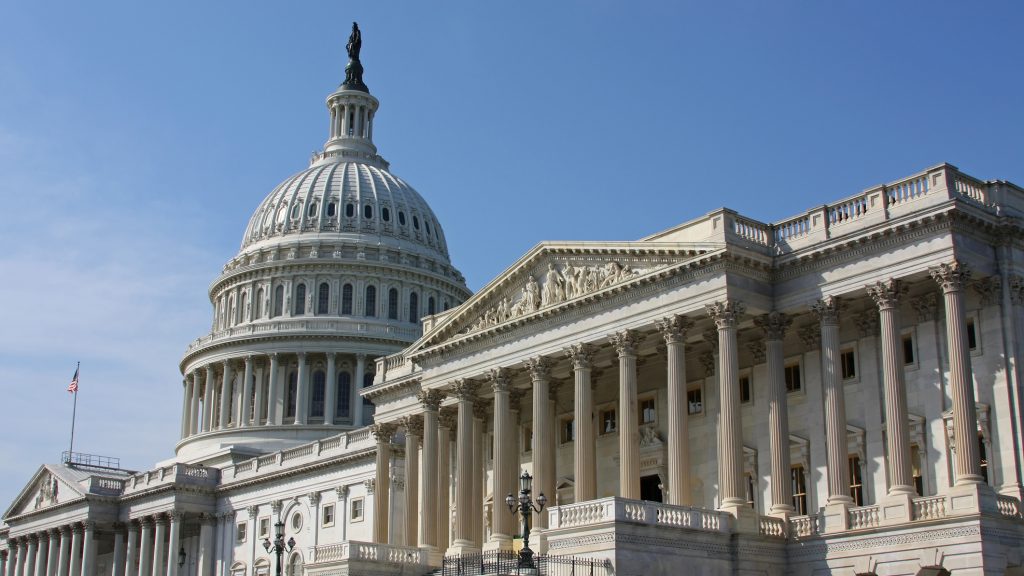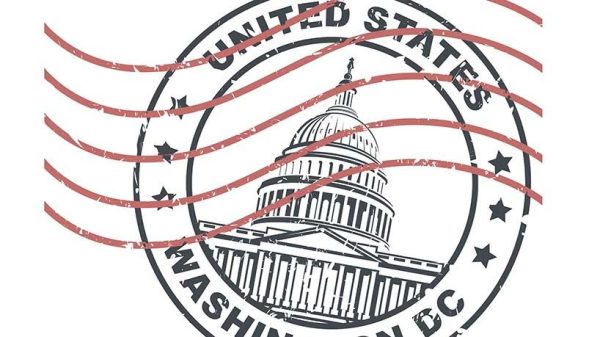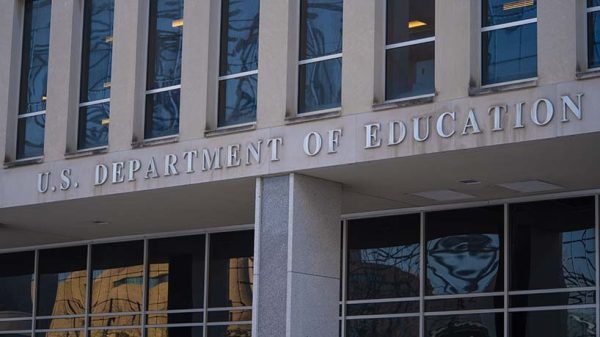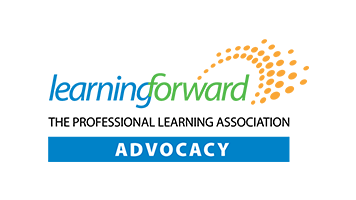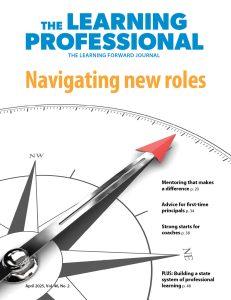On May 5, the House Labor HHS Education Appropriations Subcommittee launched the FY 2022 appropriations process with a hearing to hear from US Secretary of Education Miguel Cardona about President Biden’s proposed FY22 budget for the Department of Education. The hearing occurred even though the Department has only publicly released a few top-line FY22 education investments through President Biden’s so-called “skinny budget.” A win for the professional learning community came in Chair Rosa DeLauro’s (D-CT) opening statement when she used the hearing as an opportunity to underscore at least one key priority not mentioned in the skinny budget – Title II-A. She said: “This week we celebrate Teacher Appreciation Week, a time to give back and show our gratitude to the countless hardworking teachers who dedicate their lives to educating our nation’s students. This is why we must continue to support teacher training and preparation programs, including additional resources for Title II.”
While funding through the ARP Act is significant & needed, we should not lose sight of the need to increase funding for professional learning through the regular appropriations process. Share on XThe Biden Administration has proposed a 41% increase in the Department’s budget for the coming year. While Democrats celebrated significant increases for Title I, IDEA, mental health and Pell Grants as reversing years of underinvestment in education and ensuring greater equity, Republicans were highly critical of the proposed increase, particularly in light of the massive amount of COVID-19 emergency spending that has been directed to education over the past 15 months. Ranking Member Cole (R-OK) called the education increases “unnecessary, irresponsible and unacceptable,” although he did endorse the proposed $2.5 billion increase for IDEA. Rep. Cline (R-VA) chimed-in that the budget was “out of whack.” Cole also noted his concern in two other key budgetary areas: 1) that the Appropriations Committee’s traditional authority over spending had been largely bypassed by the American Rescue Plan’s reliance on the budget reconciliation process; and 2) that the parties had no overall spending agreement on non-defense and defense activities, with defense flat funded and non-defense programs receiving substantial increases.
A number of members discussed equity issues including desegregation efforts and school discipline. Several members noted the importance of student mental health and the shortage of mental health professionals in schools, including Reps. Clark (D-MA), Herera-Beutler (R-WA) and Lawrence (D-MI). On assessments, Rep. Frankel asked Cardona about whether he would consider extending existing assessment flexibility. He responded: “Any little bit of data helps so that I can ensure that we’re closing equity gaps through those funds, right? So, if this group of students was hit harder, I want to make sure that more funds go there. But I know teachers across the country don’t need a standardized assessment to tell them how their students are doing. There’s not one teacher that needs that to tell them how their students are doing. They know… I hope to have a robust conversation about how to evolve our assessments to make sure they measure what they’re supposed to.”
Learning Forward will continue to champion professional learning on the Hill and we need your help. Every educator needs to have a voice in this campaign. While funding through the American Rescue Plan Act is significant and needed, we should not lose sight of the need to increase funding for professional learning through the regular appropriations process. This is the funding that schools, districts, and states can count on year over year and educator professional learning needs continue to increase.
Add your voice to the education policy conversation with just one click using @LearningForward’s new online advocacy tool at learningforward.org/advocacy. Share on X

